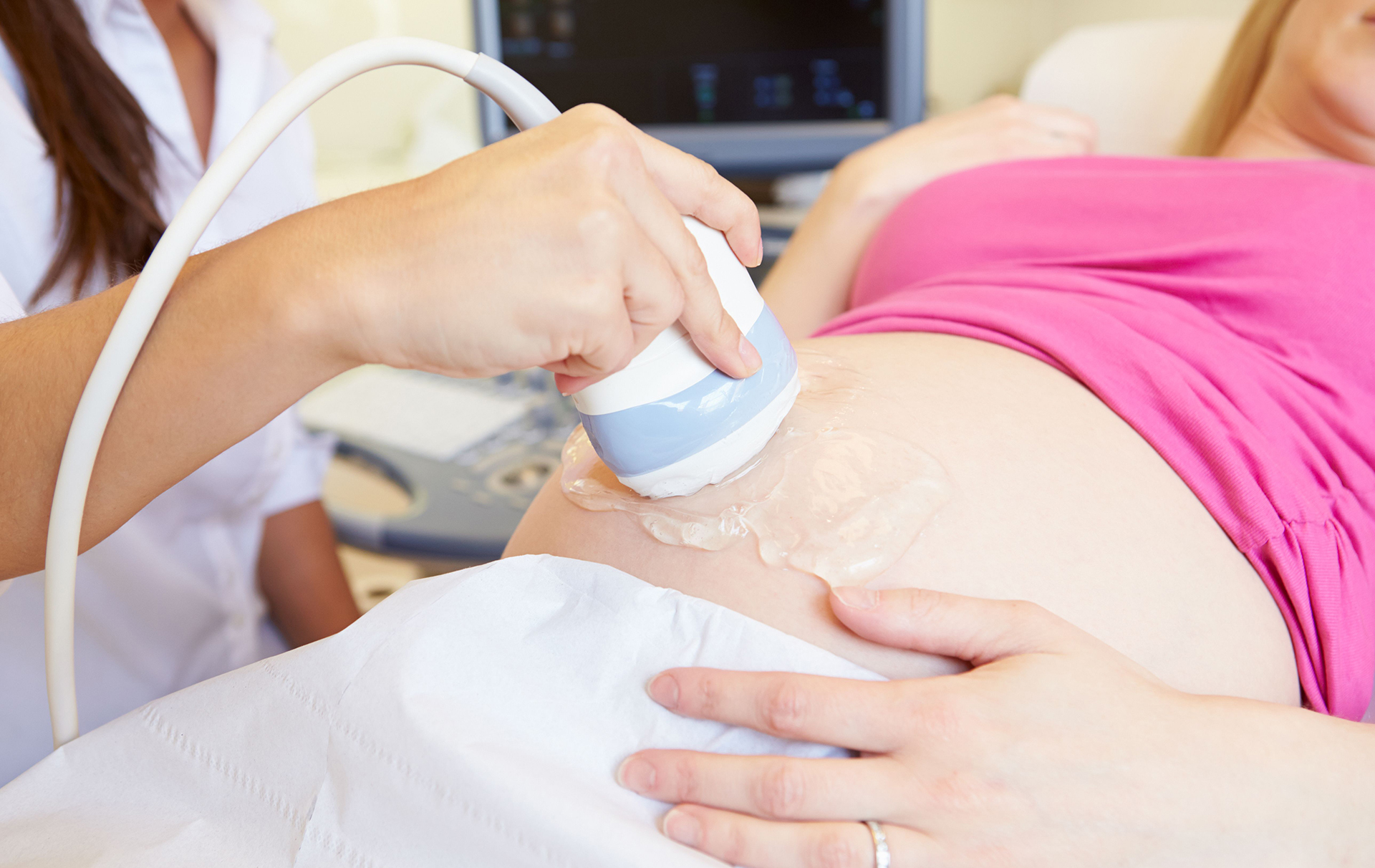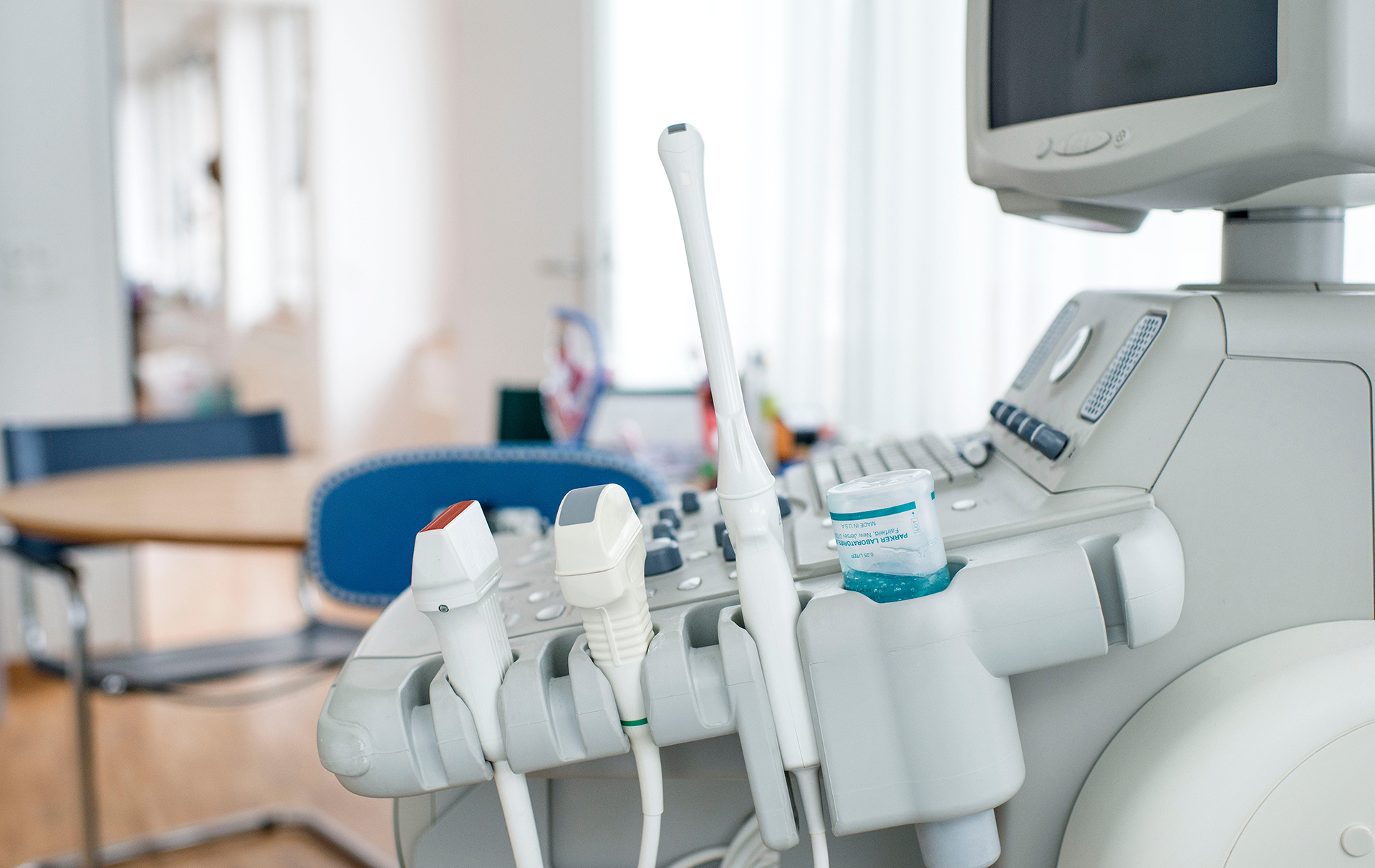Experts warn breech baby scans could save lives
Researchers say routine beech baby scans would prevent thousands of emergency surgeries every year.

Researchers say routine breech baby scans would prevent thousands of emergency surgeries every year.
Last minute complications during labour are the worst nightmare of every mum-to-be. But breech births can be risky and medical staff can’t always tell if a baby is breech in advance.
About three to four per cent of babies are breech by the final stages of pregnancy. Quite a few start off in the breech position, which means that their bottom or feet is closest to the birth canal, but most will turn to a head-down position by about the 36th week of pregnancy.
Midwives and doctors usually try to figure out your baby’s position by judging the shape and feel of your bump, but it’s easy to miss a breech baby. Ultrasound breech scans are much more reliable, but aren’t routinely offered at 36 weeks.
In a new study, a team from the University of Cambridge offered breech scans to 3,879 expectant mums. The scans revealed that 179 of their babies (over four per cent) were breech. In 55 per cent of these cases, medical staff hadn’t picked up on any indicators of this before the scan.

Diagnosing breech births in advance gives mums and their medical teams a chance to consider their options. One possibility is external cephalic version or ECV, which is when a healthcare professional puts pressure on your tummy to try to turn your baby. This works for about 50 per cent of women with breech babies.
If this doesn’t work, most mothers opt for a planned caesarean section, since a vaginal birth can be risky if the baby is breech. Out of the 179 women with breech babies in the study, 19 were able to have a natural vaginal delivery, while 110 went for an elective caesarean. Only 50 had to have an emergency c-section.
GoodtoKnow Newsletter
Parenting advice, hot topics, best buys and family finance tips delivered straight to your inbox.
The researchers say that routine breech baby scans could prevent 4,000 emergency caesareans and eight baby deaths each year in England alone. Now experts are calling for the NHS to roll them out on a routine basis.
‘Breech deliveries have some risk, and counselling and decision-making in labour can be challenging,’ Professor Andrew Shennan, professor of obstetrics at King’s College London, told the BBC. ‘Scans are routinely available now, and minimal skills are required to determine breech presentation. This should be implemented.’
Samantha is a freelance writer at Goodto who has been with team since 2019. Initially trained in psychology, she specialises in health and wellbeing and has additionally written for magazines such as Women’s Health, Health & Wellbeing, Top Santé, Healthy, Refinery29, Cosmopolitan, Yahoo, CelebsNow, Good Housekeeping and Woman&Home.